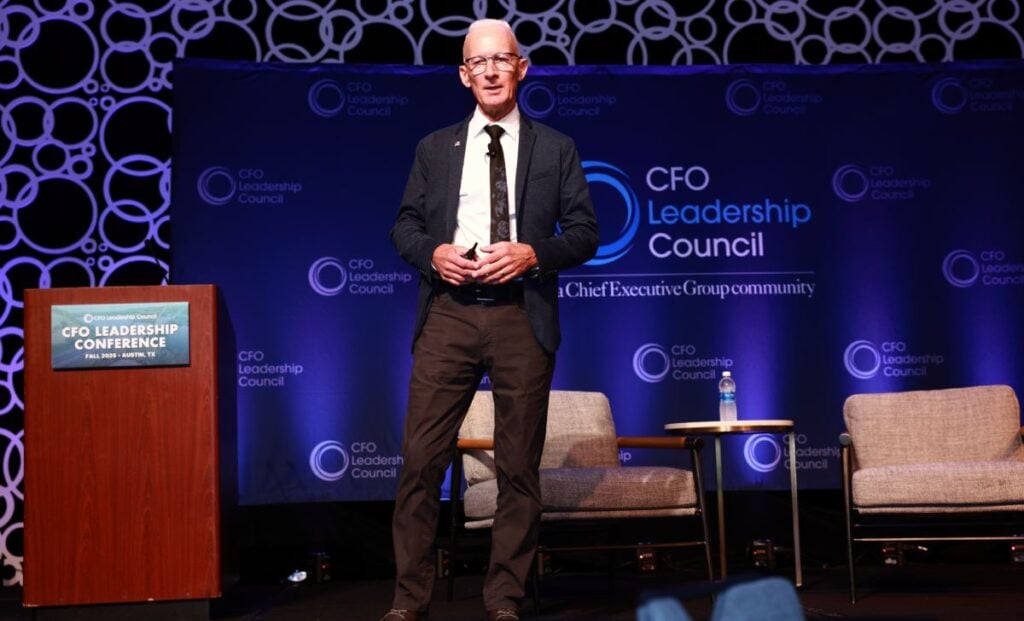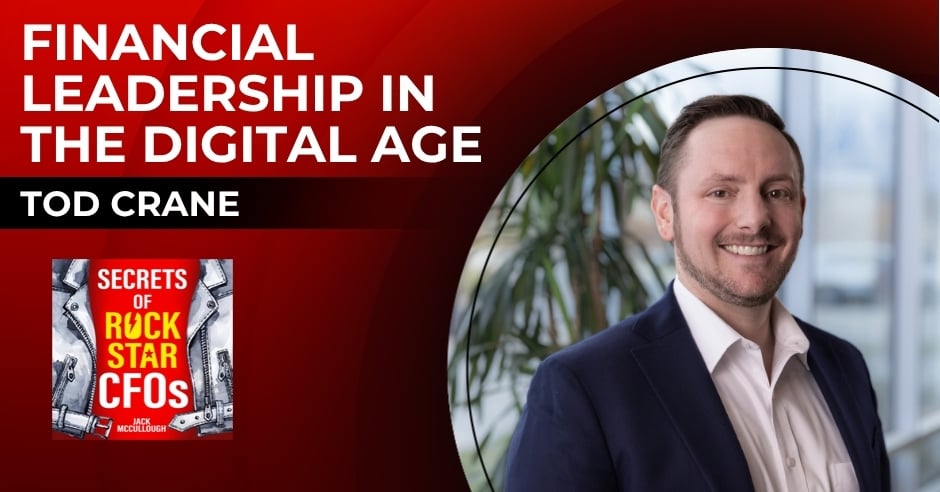Suppose your organization needs to quickly pivot financially, particularly in these volatile times. In that case, the finance function is better off being a partner to operations and the rest of the organization than a heavy-handed guardian of budgets and spending. Without deep connections to the rest of the company, organizations have come to realize, finance will miss early warning signs of significant market changes or operational challenges.
So says Anjali Motiani, CFO of Datasite, a Minneapolis-based company that provides a digital platform to facilitate mergers and acquisitions (M&A) deals. A member of the Institute of Chartered Accountants of India, Motiani is a former finance director of SunGuard Financial Systems.
Of course, collaboration isn’t just about fostering personal relationships; it’s about consolidating the data a business generates into a view or set of views that increasingly captures, with the help of analytics, the near-future conditions of the business.
In an interview, Motiani discussed identifying risks and opportunities, allocating resources for maximum impact and kicking off a digital transformation project with the right questions.
Considering shifts in global economics and trade, how do you approach risk management and scenario planning? Do you have specific frameworks or strategies that have helped your team better anticipate and respond to volatility?
Finance at Datasite is deeply embedded in the business. We are a partner, not a policing function, which enables us to receive earlier signals from the front lines and is essential for making quick pivots.
We’ve adopted an agile, data-driven risk management strategy that leverages cross-functional collaboration and real-time analytics to anticipate disruptions. We maintain a regular cadence of meetings and discussions with all our stakeholders to ensure we have comprehensive coverage and a thorough understanding of risks and opportunities within the business.
Over the last few years, we’ve acquired several businesses globally, and we continue to leverage the overall remit of these businesses across various tax and entity jurisdictions to assess shifts in policies that impact us.
As a CFO leading a global finance team, what’s one initiative you’ve championed recently to make your function more agile in the face of economic uncertainty?
CFOs today need to leverage real-time data, scenario planning, rolling forecasts and embed AI automation into processes to support faster and smarter decisions. That’s why, at Datasite, we focus on consolidating all the data, analytics and trends surfaced by various parts of the business into one view to ensure enterprise value.
That effort includes creating a data analytics team within finance and improving collaboration with other business functions to drive better insights, making us wiser about the past, current and hopefully near-future conditions of the business. We are moving to a position of foresight from hindsight.
“We are a partner, not a policing function, which enables us to receive earlier signals from the front lines and is essential for making quick pivots.”
Will you share how you’ve navigated that shift and what skills or attitude are most essential for CFOs looking to have a greater seat at the strategy table?
The role of the CFO has evolved to be more strategic and forward-looking, rather than just being a number cruncher. Today’s top CFOs are enterprise value architects, blending financial acumen with digital expertise, people leadership and long-range planning to navigate uncertain environments and seize opportunities.
What helps me be a strong strategic partner is (1) building relationships and (2) collaborating constantly. Partnering with other leaders helps ensure that initiatives are both ambitious and realistic, supporting long-term organizational goals.
Constant collaboration also strengthens risk assessment and mitigation, leading to more informed responses to market changes, competitive pressures or operational challenges, increasing Datasite’s agility and ability to innovate in ways that might not be possible within departmental silos.
This collaboration also ensures that resources are allocated where they will have the greatest impact, based on objective analysis and input from various departments, optimizing profitability. Additionally, partnering enables more open communication and fosters a culture where continuous improvement and mutual accountability are the norm.
What advice would you give to other CFOs trying to lead digital transformation within finance, especially when balancing cost pressures with innovation goals? Have you led any initiatives that have had a meaningful impact?
One key lesson I’ve learned is the importance of understanding and articulating the problem you are trying to solve before selecting the right tool or system for your organization. While digital transformations have a substantial financial impact both in terms of cost and efficiency, they also have a significant impact on teams, processes and culture. Designing the requirements and understanding the end-to-end implications of a new tool is the most crucial phase of any digital transformation initiative because it will have long-term consequences.
Additionally, a financial systems roadmap must be well-integrated into the company’s overall technology roadmap to create a unified blueprint for transformation, ensuring that financial operations drive business innovation, efficiency and long-term success. That is essential for maximizing business value and ensuring sustainable growth.








